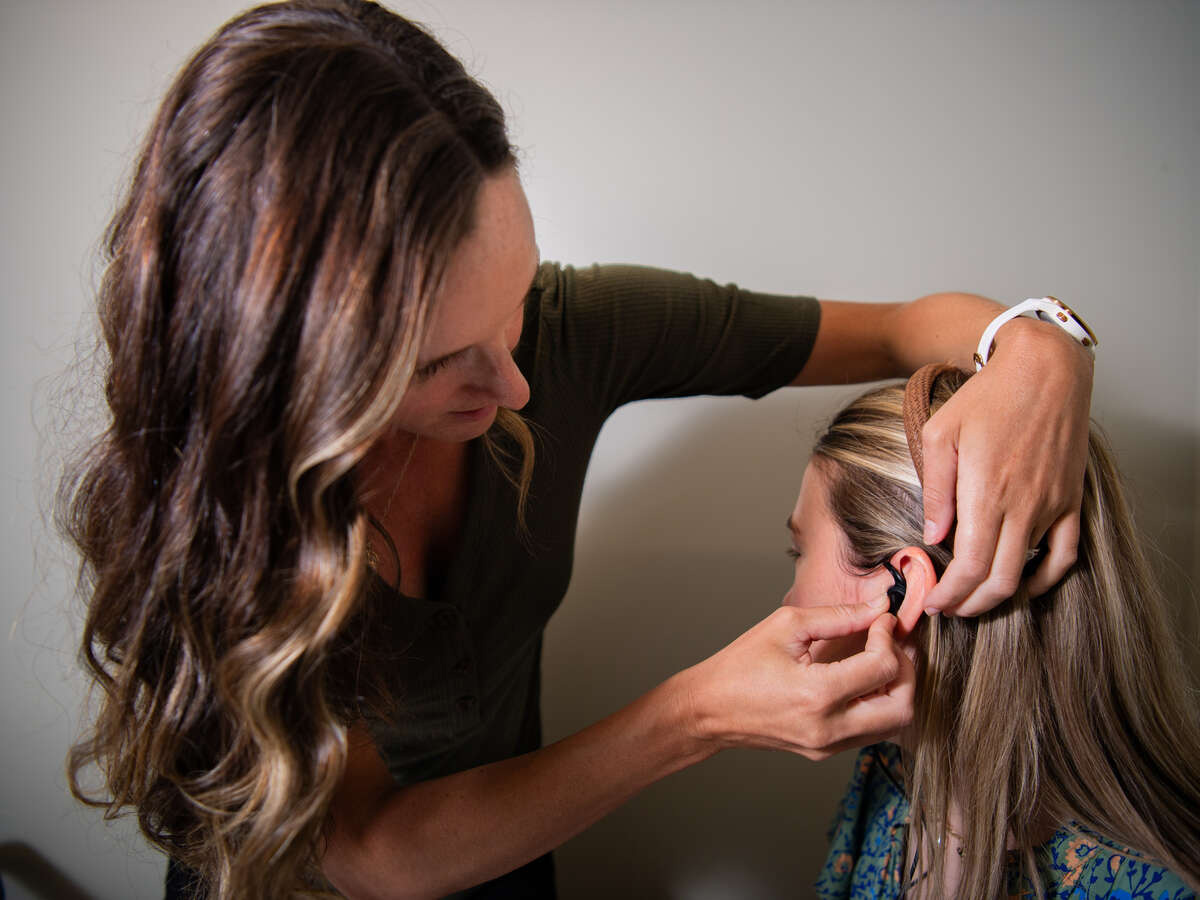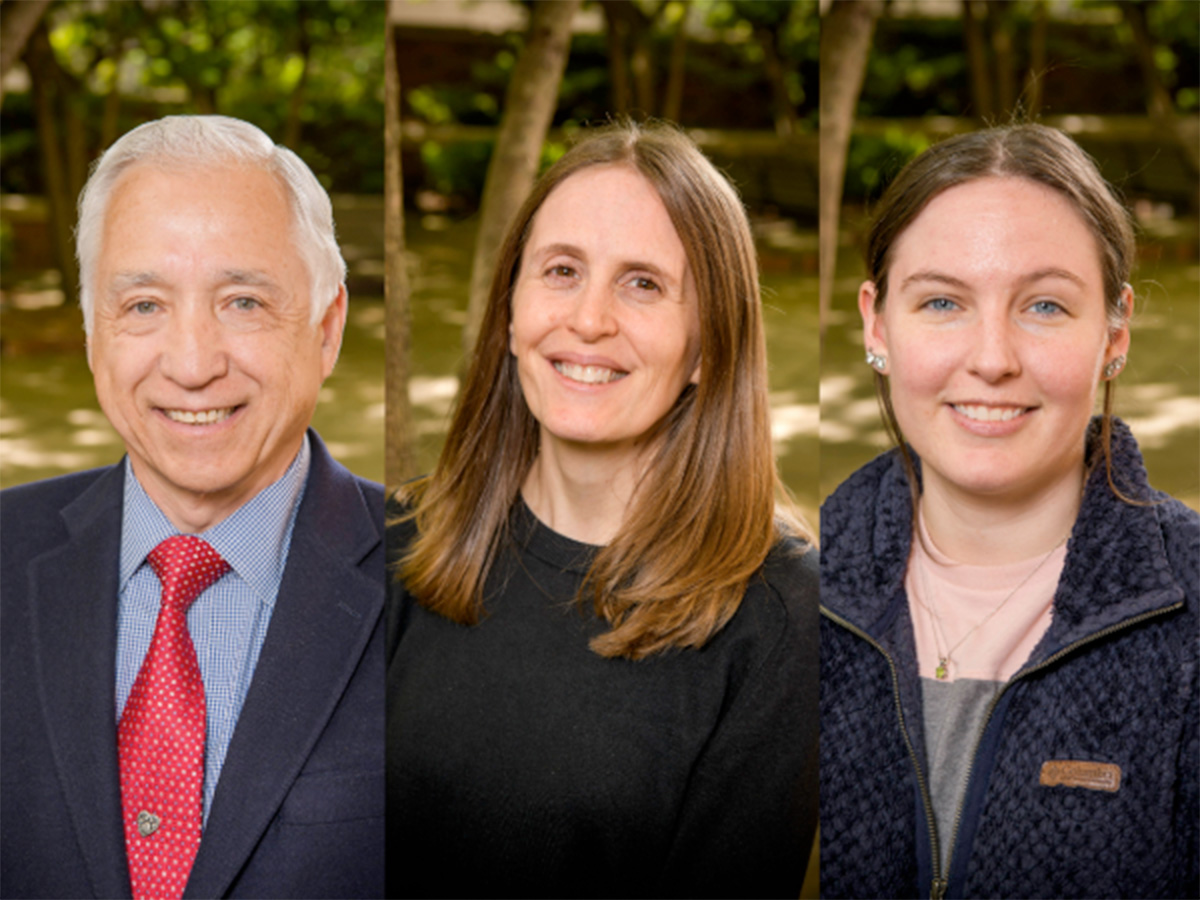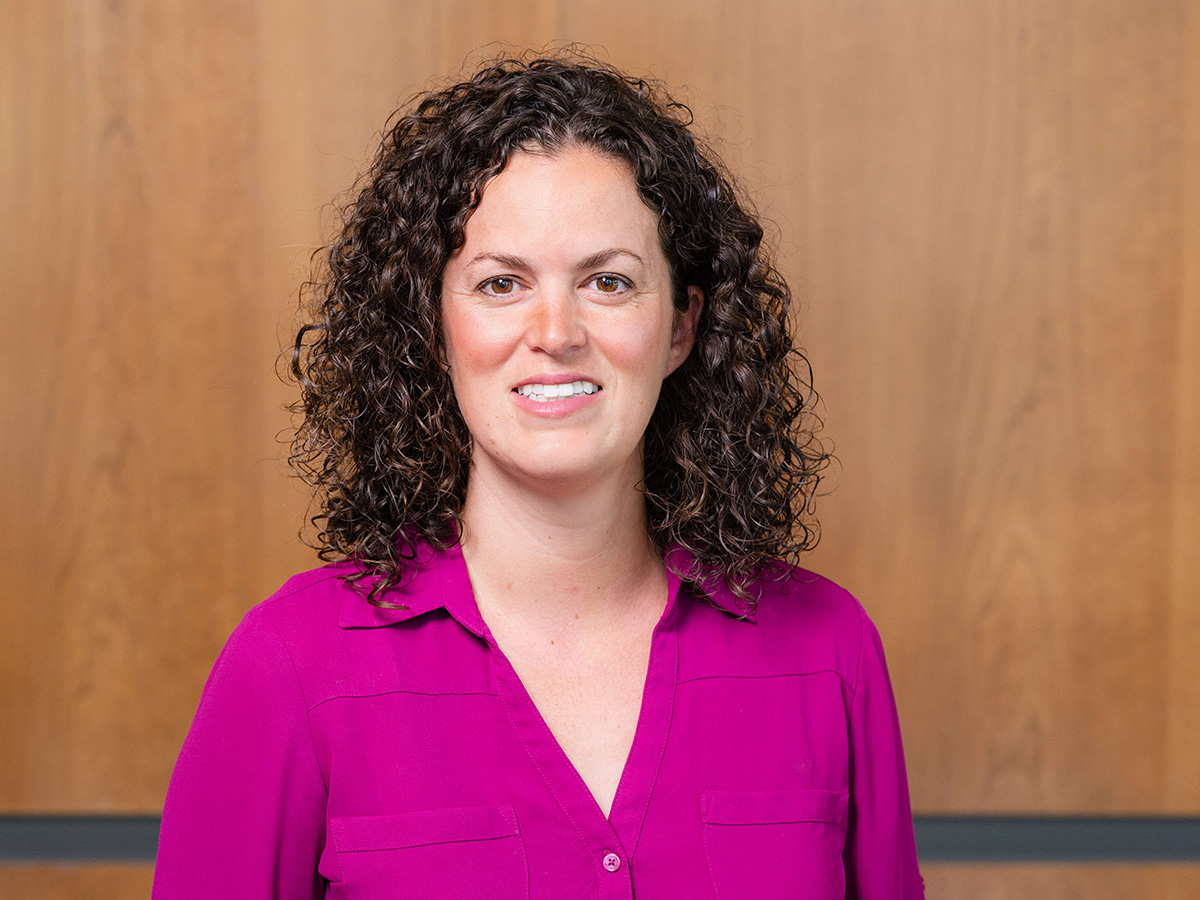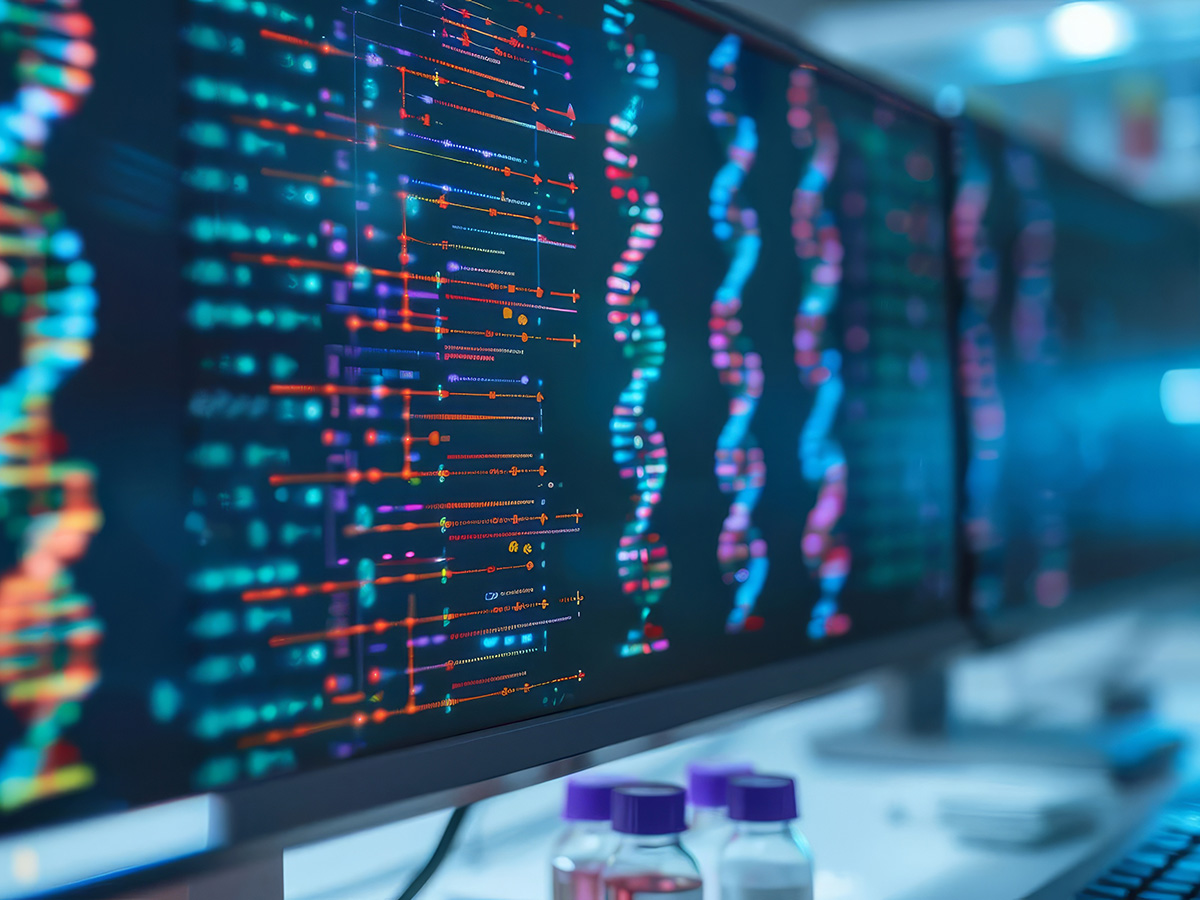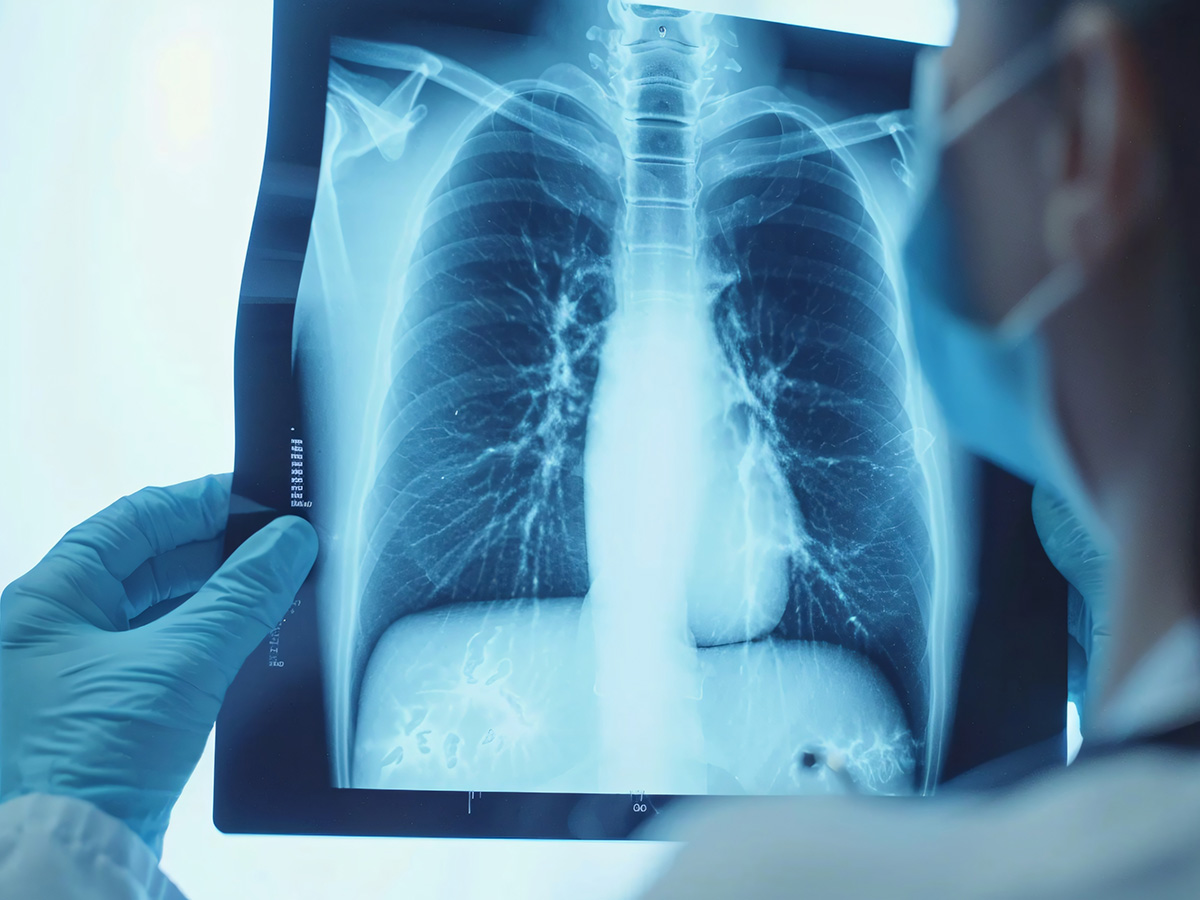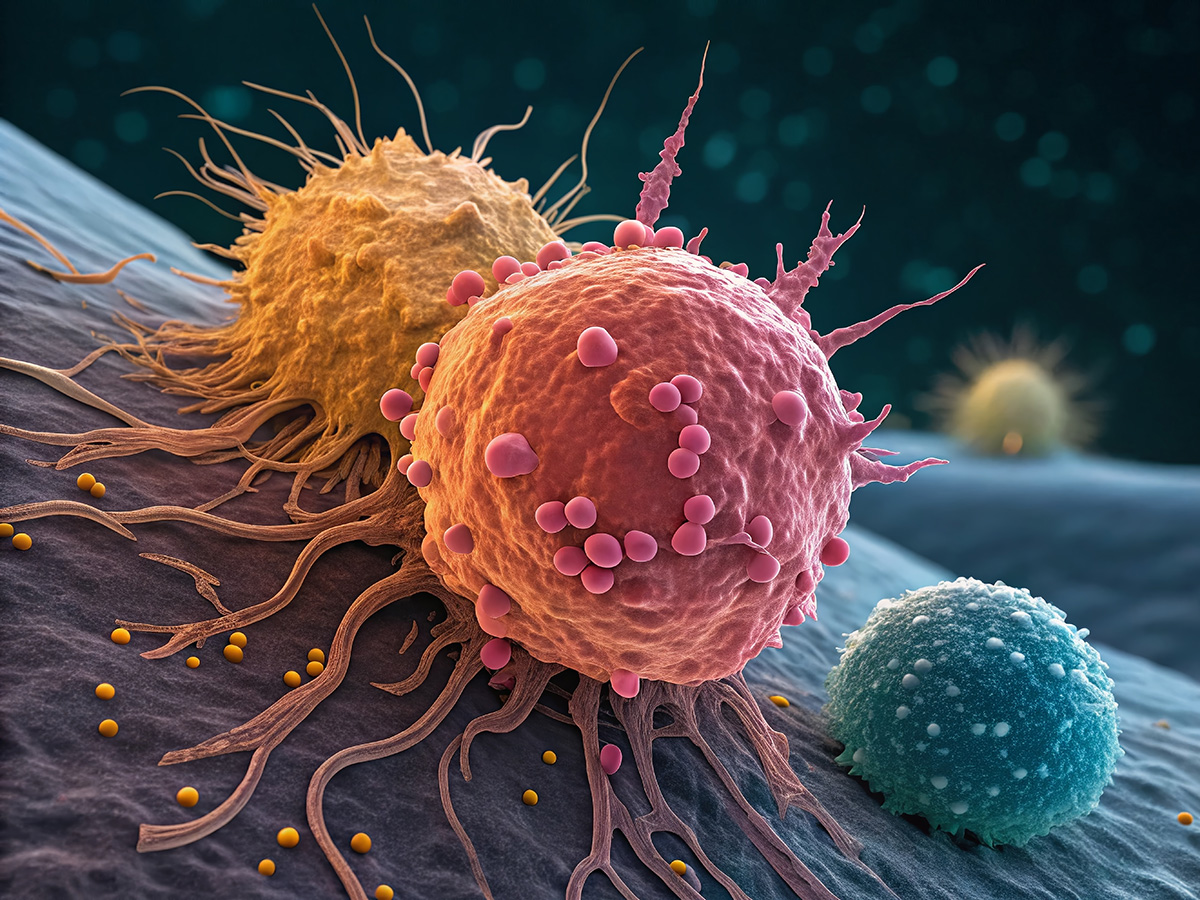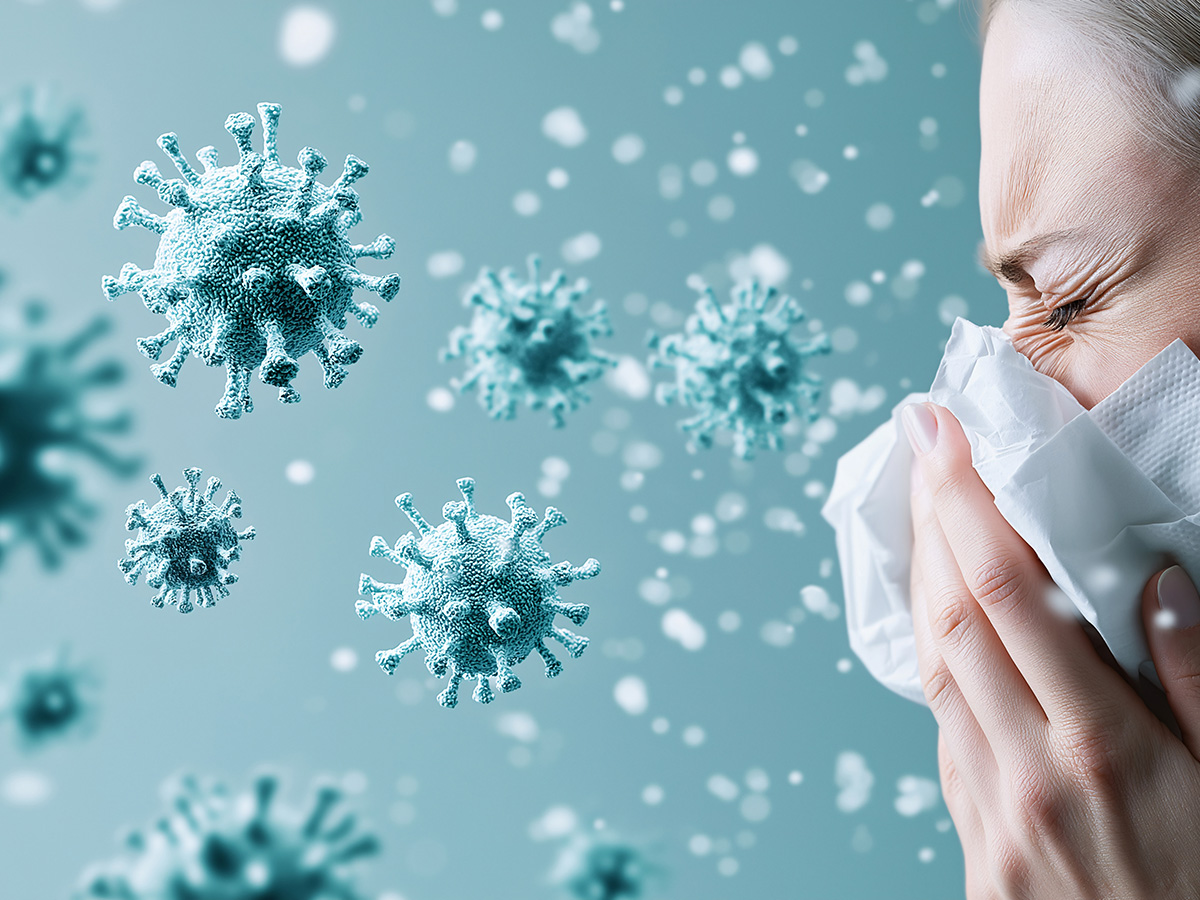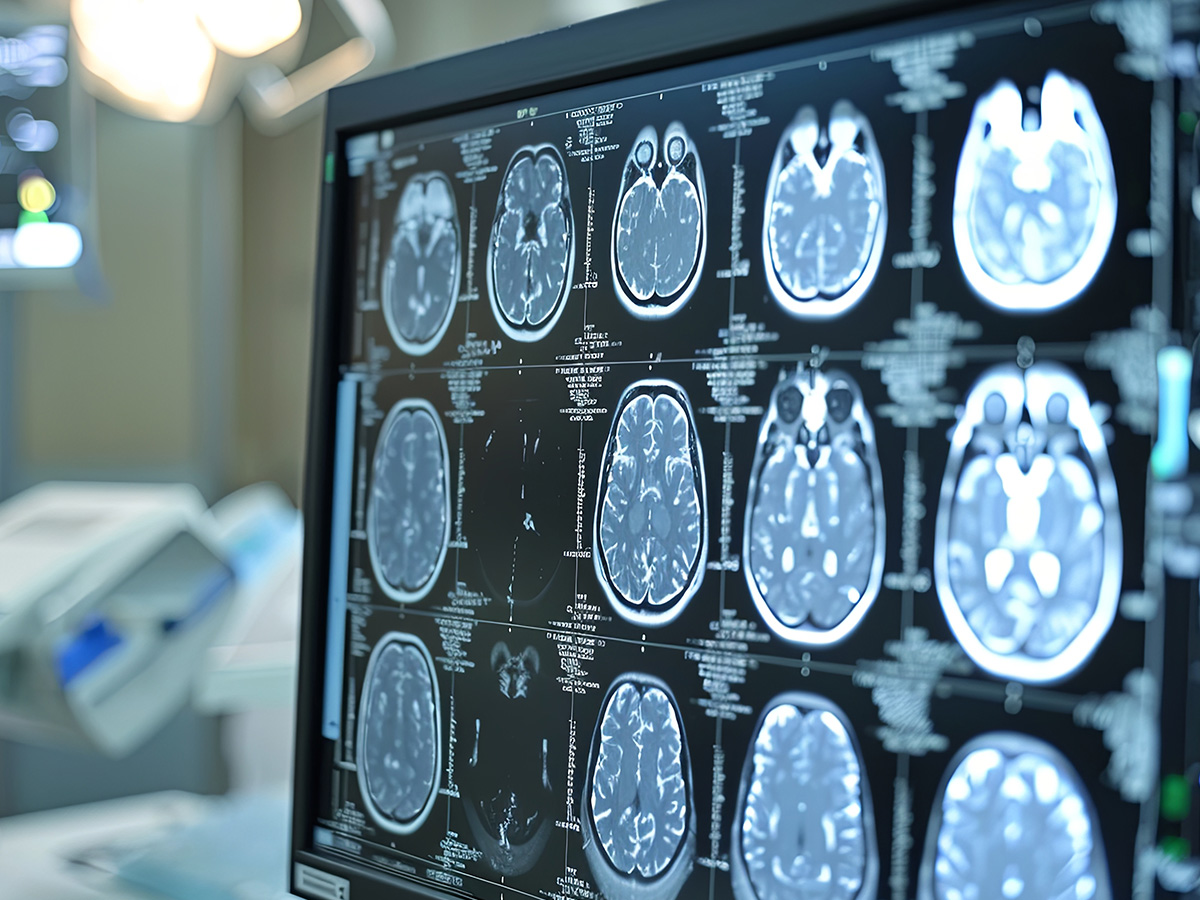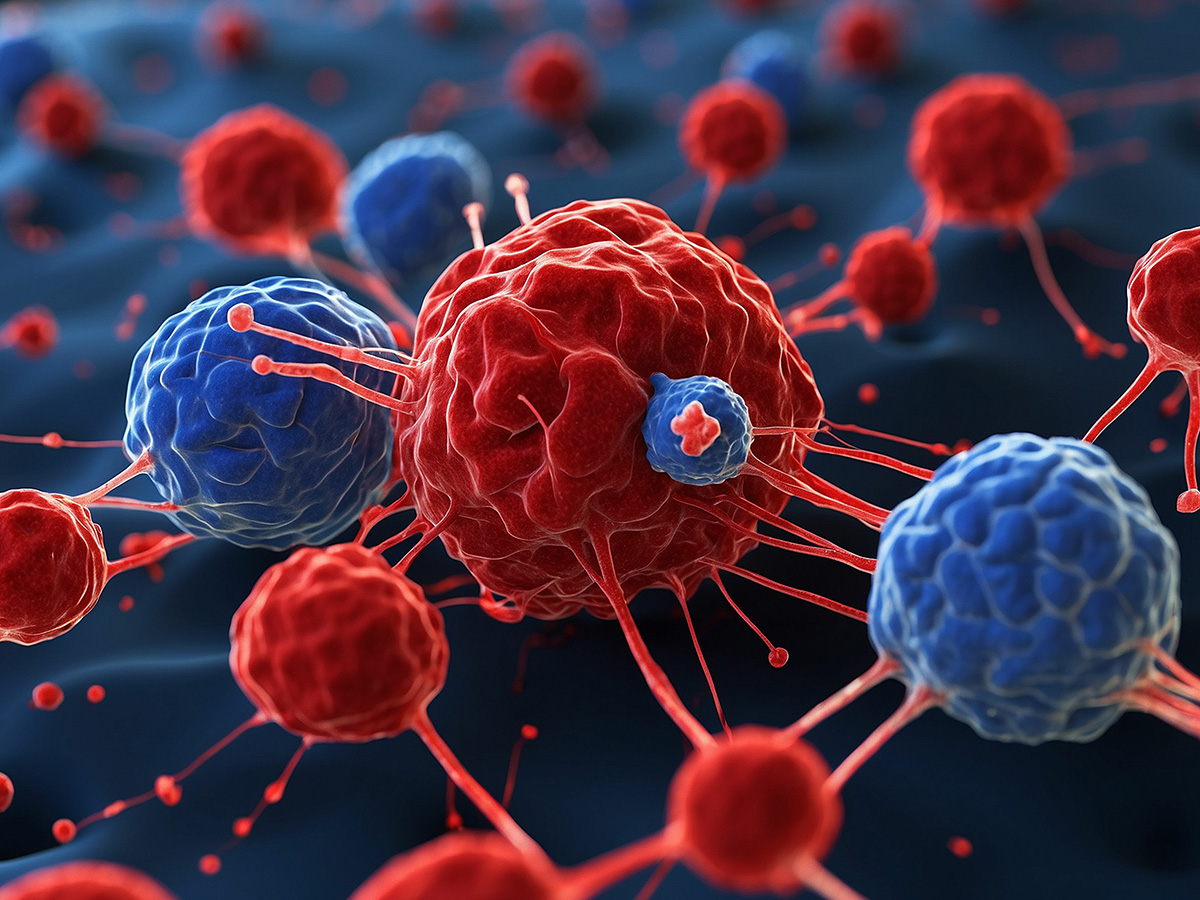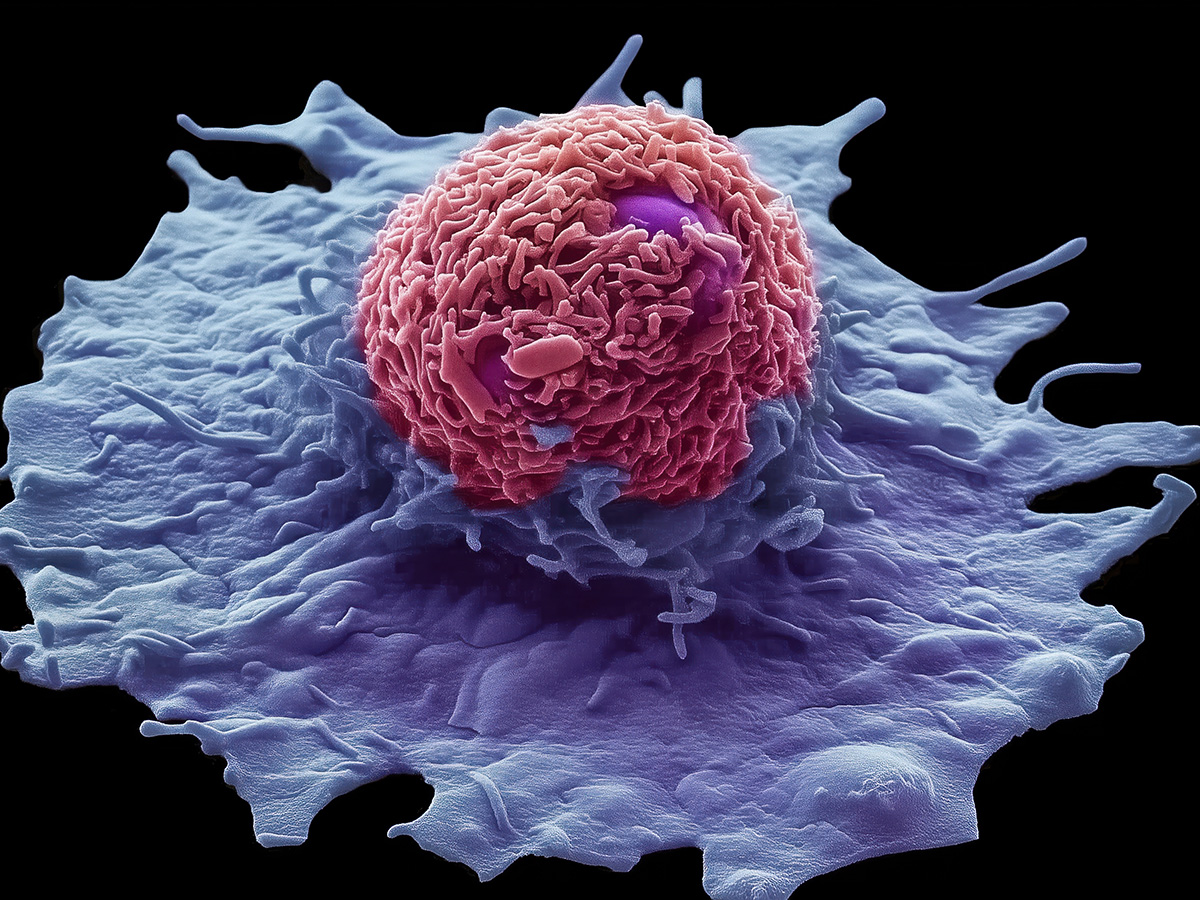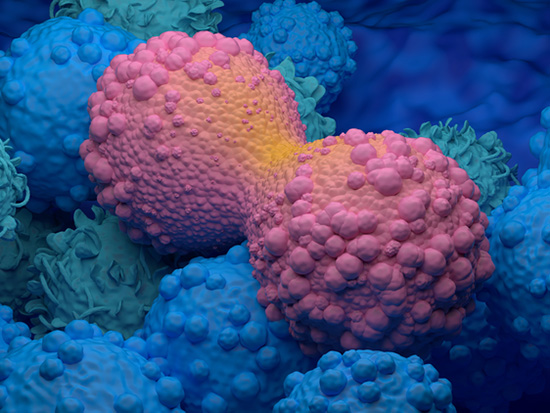Research & Innovation
UAB researchers are using vagus nerve stimulation to improve physical therapy outcomes for Parkinson’s patients and advance neurologic rehabilitation.
Inspired by a police press conference, Computer Science Professor Yuliang Zheng, Ph.D., developed a way to prove that digital files are authentic while obscuring secret information, which is now an International Standard in cybersecurity.
A study published in Nature Microbiology shows that SARS-CoV-2 triggers foam cell formation in lungs, contributing to long-COVID lung damage, which can be mitigated by early antiviral treatment with molnupiravir.
UAB’s Mieke Thomeer McBride, Ph.D., one of the co-directors of the center, is carrying out the NIA’s mission to position the United States as the gold standard in aging research.
The study will investigate whether ctVNS administered using a hand-held cognitive performance device can measurably improve focus, mood and athletic performance among student-athletes.
These new findings help simplify the treatment for patients with syphilis.
RP59, a genetic cause of blindness, interrupts nerve signal transmissions from photoreceptor cells to the retinal bipolar cells.
To continuously produce neurons in the nose, a unique toggle switch generates transient cellular neighborhoods that integrate signaling at multiple scales — from single cells to groups of cells, to entire organs.
Nathan Shock Centers across the nation are funded by the National Institute on Aging to provide leadership in the pursuit of basic research into the biology of aging.
UAB researchers say this study shows passive antibody therapy can dramatically reduce Zika virus infection in critical tissues that could potentially lead to decreased transmission of virus through sex and from pregnant mothers to their babies.
This is the first detailed study of how and where ORC subunits regulate epigenetics and gene expression in human cells.
Aphantasia is the inability to create mental images, and many individuals with the condition remain unaware until adulthood.
The JAMA article is potentially practice-changing by enabling a diagnosis of COPD in individuals without airflow obstruction.
Tumor therapy with immune checkpoint blockers may be improved by fine-tuning Gfi1 in CD8+ T cells.
A UAB microbiologist unpacks the complex biology of rabies, highlighting how UAB researchers use molecular science to expose its vulnerabilities and explore new paths for treatment.
Residents from five subsidized senior housing communities participated in the study, which showed that physical acting in a theater training experience program could improve physical functioning.
The grant will support development of specialized optical instruments, extensive physiological data analysis and training for emerging optometry scientists.
UAB researchers report that carriers of specific genetic variants face significantly elevated risks of heart failure, cardiomyopathy and arrhythmia, underscoring the potential benefits of targeted genetic screening.
Taxonomy — classifying viruses into genus, species and so forth — has the power to affect public health
The published study found a correlation between first-time transient ischemic attack and future cognitive decline. Rates of decline between TIA and stroke participants were the same.
T-bet expression is required for persistence of memory B cells that have rapid differentiation potential to become antibody-producing plasma cells in response to a second infection.
Researchers attribute this rise in exposures to an increase in prescriptions for these medications and an increase in therapeutic errors.
The finding of TREM2 as a critical regulator of macrophage-mediated fibrosis makes it a promising therapeutic target for intervention for lung fibrotic disease.
Research identifies that agreeableness and authenticity in content contribute to the effectiveness of influencer strategies.
UAB researchers have identified a critical vulnerability in quadruple-negative breast cancer, signaling pathway as a key driver of tumor growth and paving the way for targeted therapies that spare healthy cells.
The combo drug could mark a significant step forward in medical weight management — especially for patients struggling to lose weight through diet and exercise alone.
UAB’s Kathy Lu, Ph.D., will work in conjunction with other universities to lead a $7.5 million MURI project to optimize compositionally complex ceramics for hypersonics.
The American Heart Association’s PREVENT CVD risk equation is designed to help predict a person’s risk of a cardiovascular event during their lifetime.
The understanding of how macrophages regulate their response to toxic particles via two independent pathways could uncover therapeutic opportunities to quell inflammation.
Besides their normal role, pump overexpression confers drug resistance. Knowing the structure is a step to disabling the pumps with inhibitors.
